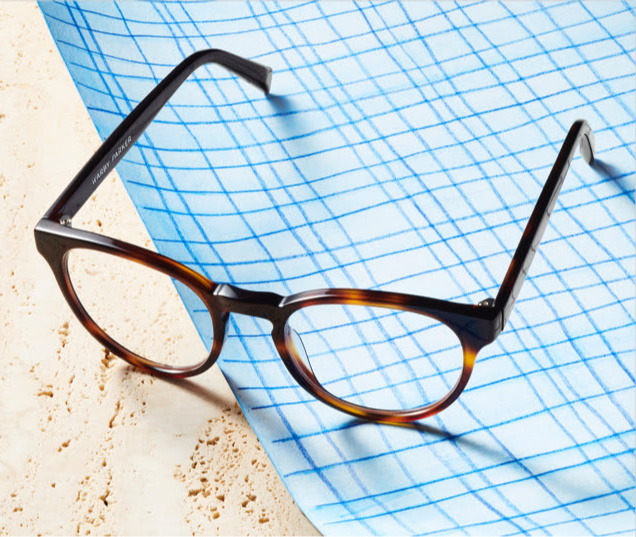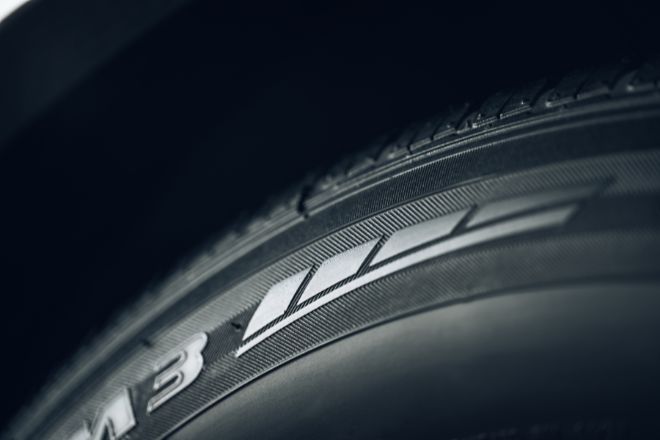
Isabelle Eberhardt said, “a nomad I will remain for life, in love with distant and uncharted places”
Many of us share this love affair with newness and the unknown aspects of the adventure. And it’s safe to say we’ve all daydreamed sitting aboard a yacht looking into the horizon.
That idea doesn’t have to stay in the daydream realm. While yachts aren’t affordable for many of us, other types of boats are accessible.
If you’re considering broadening your horizons and charting those waters, read about these aspects of owning a boat. We’ll mostly discuss logistics, as we know you can figure out the fun parts on your own.
1. Learn the Laws
Before buying a boat, look over boating laws. These will vary depending on the state you live in and the body of water you’ll be on.
You’ll want to get a boater’s license if you plan on operating a boat. This requires taking a test about laws and practices. In addition to rules and regulations, you’ll need to know a bit about liability.
2. Look into Insurance
Some states require liability insurance. This covers damage to any part of your boat as well as medical coverage for anyone injured on it. It’s worth buying if you’re investing in a high-value item such as a boat.
Bringing us to the next consideration: how much can you pay for a water vessel?
3. Consider the Costs
While a boat is a good investment, you shouldn’t use all the funds you have to buy one.
Think about the things you’d like to do on the water to determine what type of boat you’ll want. This can include fishing, camping, towing surfers, or simply driving around.
Once you’ve narrowed down what you’ll be doing on it, you can figure out what boat suits your style.
Options include:
- Bay boat
- Jet boat
- Fishing vessel
- Airboat
- Skiff boat
- Yacht (keep the dream alive, right?)
Consider how many passengers you want to bring on board. That will help you determine the best size and style. Then you can look for the best deal.
4. Use a Boat to Build Credit
You can search “boat loans no credit” to find good loans for people with no credit. This is a great idea if you want a boat but need to finance it.
Make recurring payments and you can officially say your sunbathing contributes to your credit score.
5. Find a Place to Keep it
Regardless of size, you’ll need a place to keep your boat on land or in the water.
You may have the option to keep it docked somewhere. If you don’t, you’ll need a trailer and a place to keep it when you’re not using it.
This may be a piece of property you own or a local marina. When you put your boat on a trailer to bring it to storage, make sure to double check chains and lights for safety.
6. Make Safe Decisions
Think things through whether you’re on land or the water. When towing a boat, don’t make close calls that could damage it or hurt others. Keep in mind the clearance you have with the boat being on a trailer.
Avoid speeding through shallow areas or by other boats. The rules are different than driving a car, of course, but remember that it can be just as dangerous.
Keep an emergency kit on deck in case something goes wrong. It should include:
- Standard first aid kit
- Fire extinguisher
- Flashlight and batteries
- Non-perishable food
- A working radio
- A shock blanket (also called a “space” or “first responder” blanket)
Watch your consumption of alcohol and substances. You don’t want a BUI (boating under the influence) to haunt you. Plus, you don’t want to get stranded and have to use any of the fishing survival methods you’ve learned.
7. Don’t Get Lost
If you do, don’t panic. You’ll be able to figure out where you are by landmarks and GPS. If the weather or other unforeseen things come up, you’ll know to remain calm and look for land.
You’ll know these survival skills because you prepared and learned about boating (benefits of this article).
If you do get lost, here’s what you can do:
- Drink water
- Cover yourself from the elements
- Catch or find food
- Signal for help with a flare (in your emergency kit)
- Look for land
- Relax
All of this may seem like little technicalities. It’s not that glorious to talk about the logistics of owning a boat. But it’s critical to know so you’re able to have a boat and keep it that way.
8. Keep Up with Maintenance
Boats need at least one scheduled maintenance a year before winter.
This keeps your boat running smoothly and increase the longevity of your equipment. This results in longer use and better chances of selling or trading your boat.
Make a Difference Owning a Boat
Every decision we make impacts the world around us. Making positive change starts with the little things, like picking up a piece of trash.
There are 5.25 trillion pieces of trash floating in our oceans. Think about how you can have fun while making a difference.
Keep track of your garbage and don’t leave it anywhere. Pick up abandoned plastic when you see it. Leave the water better than you found it.
Aside from this, you should report oil spills and invasive species. The little things you do while boating has a rippling effect that creates big waves.
Think about what you can do to help keep the water clean, on and off the boat. This may mean recycling, reducing fuel, or eating local food.
Keep Adventuring
No matter how you choose to do it, keep expanding your horizons. Whether it’s owning a boat or glamping in distant lands, choose to stay inspired.








